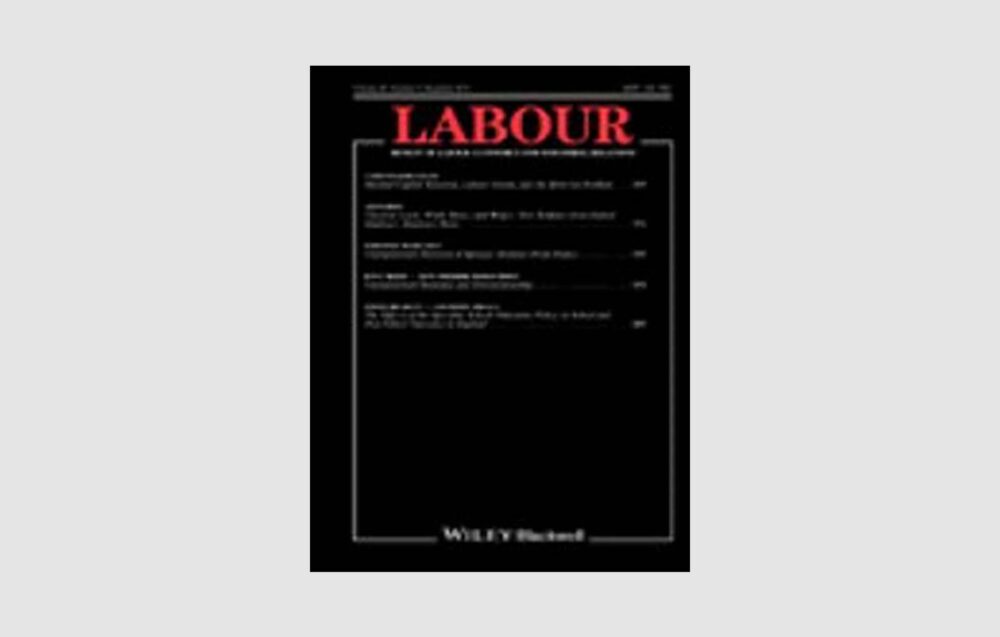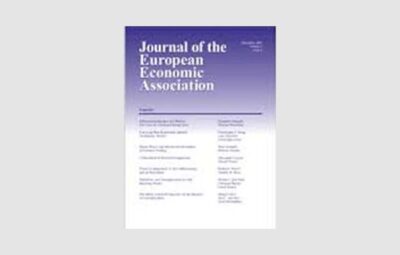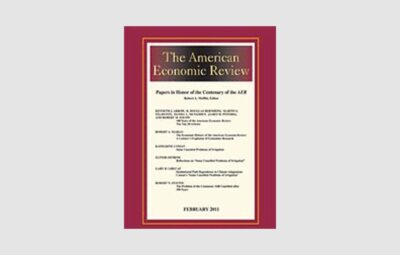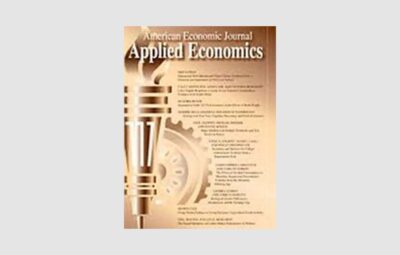This paper investigates the determinants of labor contract duration in the case of temporary help employment. A simple theoretical model is developed, in order to depict the choice of contract length made by a firm that recruits temporary agency workers to deal with activity peaks. Assuming that the hiring of a new worker is associated with selection and training costs, longer contracts have an option value in face of a greater persistence of positive shocks. The model has two testable implications. First, the degree of serial correlation in market demand positively affects contract length. Second, the shortage of alternative employment opportunities negatively affects contract length. Using data on Italian temporary agency workers, both implications are confirmed by the econometric analysis.
The Determinants of Contract Length in Temporary Help Employment
Tommaso Nannicini



